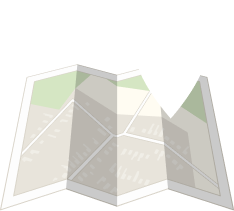The Spinal Cord Injury Model System (SCIMS) Program began in 1970 to improve care and outcomes for individuals with spinal cord injury (SCI). There are currently 18 SCIMS centers funded.
Fast Facts
Find a Spinal Cord Injury
Model System Center
What are the SCI Model System centers?
The SCI Model System centers provide a multidisciplinary system of rehabilitation care ranging from emergency services through rehabilitation and reentry into full community life. SCI Model System centers also conduct research, provide education, and disseminate information with the goal of improving long-term functional, vocational, cognitive, and quality-of-life outcomes for individuals with SCI.
What is the National SCIMS
Database?
The National Spinal Cord Injury Model Systems (SCIMS) Database was established in 1973 as a repository of data collected through the collaborative efforts of federally funded SCI Model System Centers. There are 18 SCI Model System Centers currently contributing data to the Database, with a total of 32 Centers contributing data since the Database’s inception. Through the June of 2022, there were more than 51,000 persons who have sustained traumatic SCI registered in the National SCIMS Database and more than 30,000 persons had follow-up data. This makes it the world’s largest and longest active SCI research database and the world’s most extensive source of available information about the characteristics and life course of individuals with SCI. There are individuals enrolled into the National SCIMS Database who have now been followed for 45 years after injury.
